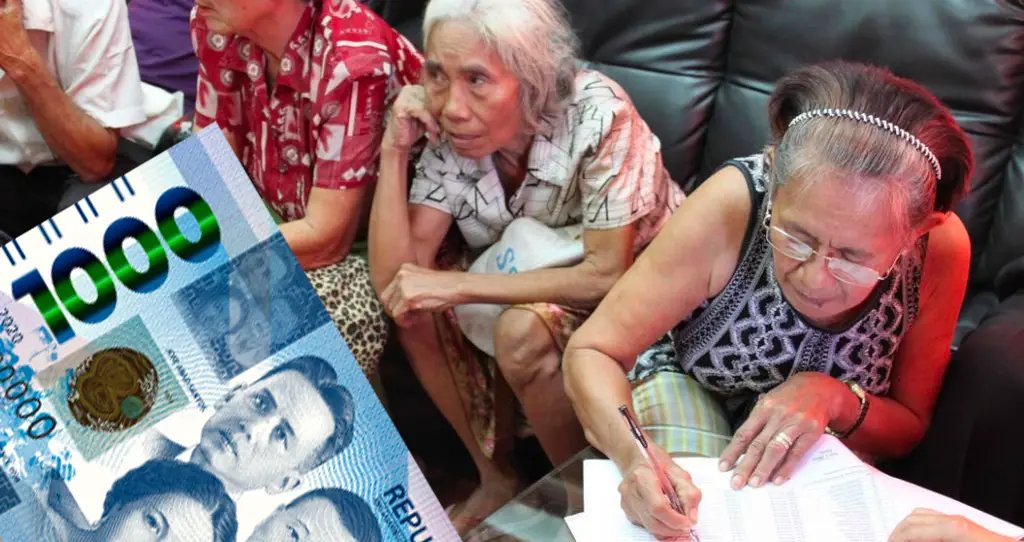On May 30, 2022 the Senate passed Republic Act No. 11916, otherwise known as the “Act Increasing the Social Pension of Indigent Senior Citizens” which the House of Representatives adopted the next day. On July 30, 2022, the bill has officially becomes a law. This implies that qualified senior citizens would receive P1,000 instead of the present P500 monthly.
Republic Act (RA) 11916, which amends RA 7432, also promotes the hiring of seniors. According to the act, private entities that hire senior citizens are eligible to an additional deduction from their gross revenue equal to 15% of the total cost of senior employees’ salary and wages who have worked for the company for at least half a year.
The law also stipulates that additional social safety assistance for elderly will be provided from local governments’ calamity funds to help them cope with economic shocks and natural disasters. The social safety assistance will include food, medicines, and financial assistance for domicile repair.
Senator Joel Villanueva has sponsored the measure while Senator Mary Grace S. Poe-Llamanzares, principally authored the law. As per the DSWD data, there are about 4.1 million indigent senior citizens in the Philippines.
Moreover, in accordance with the law, the Department of Social Welfare and Development (DSWD) must change the amount every two years following the effective date of the Act with the concurrence of the Department of Budget and Management (DBM) and after consulting with other stakeholders.
Meanwhile, Deputy Speaker and Batangas Representative Ralph G. Recto claims that this year, 4,079,669 seniors will get a social pension for the indigent. He has also expressed concern over the pension’s funding, saying that instead of the present P25.01 billion yearly, P50 billion is now required to cover all beneficiaries enrolled in the scheme, except those who will reach 60 this year and seniors who have been left off the list.
Who are considered indigent senior citizens under the law?
Based on the law, indigent senior citizens refer to any elderly who is frail, sickly or with disability, and without pension or permanent source of income, compensation or financial assistance from his or her relatives to support his or her basic needs, as determined by the Department of Social Welfare and Development (DSWD) in consultation with the National Coordinating and Monitoring Board (NCMB).
What is Social Pension?
Social pension is the money granted to a person by the government for his/her daily needs as well as their medical expenses.
When will the law take effect and how will it be distributed?
The implementation, distribution and management of the social pension will be transferred from the DSWD to the National Commission of Senior Citizens within three years from the effectivity of the law.
15 days after it is published in the Official Gazette or other newspaper with general circulation, RA 11916 will take its effect.
While the stipend must be provided in cash through authorized channels and without any fees. To guarantee that the transfer is made in the “most expeditious and efficient manner possible,” the law allows for direct remittance through the use of a service provider who has been properly authorized by the Bangko Sentral ng Pilipinas (BSP), electronic transfer, or other modes of delivery.
Reference: PhilStar, CNN Philippines
READ ALSO:
- Mandatory benefits and allowances for health workers signed into law
- New law in Taiwan permits some 35, 000 OFWs for permanent residency
- Year-round 20% Discount to Student Fare, Signed Into Law


Good day..
Ask kpo may ank aqng PWD po paano pb ggawin po namin para makasama po cia sa 4ps .pati na din po mga apo ko na wala npong ama…at kmi nlng po tumatagoyod na magulang po.slmt po